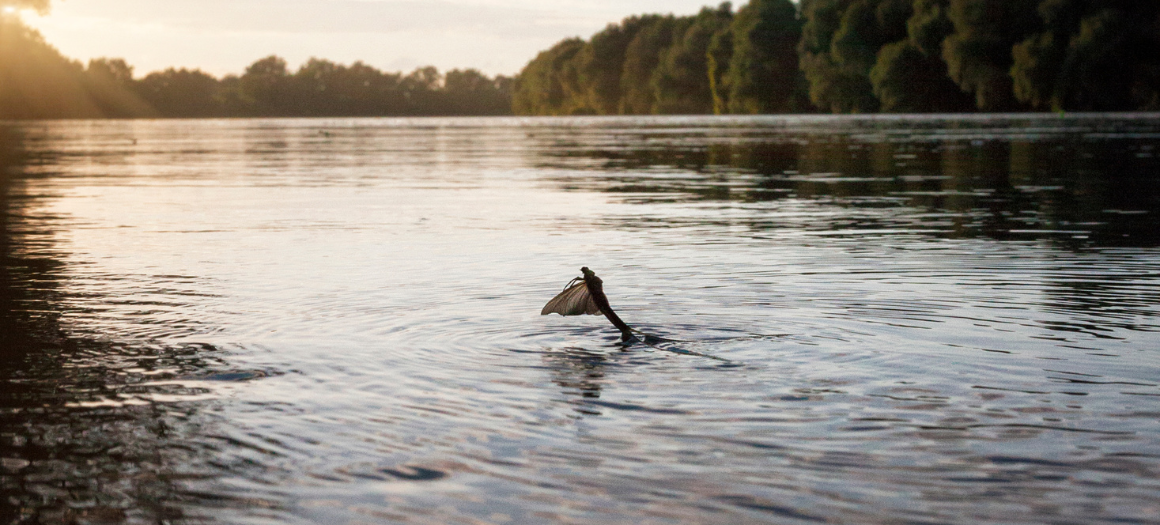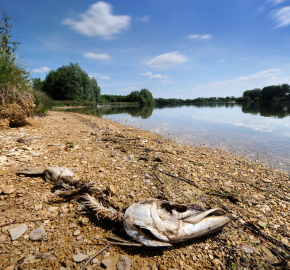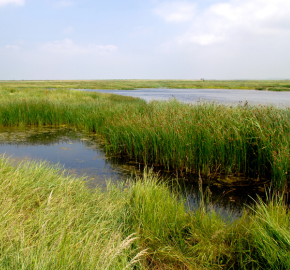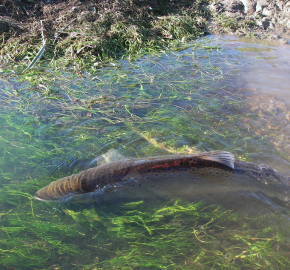The recovery of European freshwater biodiversity has come to a halt

The international journal nature has published a paper about how the recovery of European freshwater biodiversity has come to a halt.
Read the research paper here
Our freshwater ecologist, Sam Green provides a brief summary and explains why the timing of this research is critical to our current understanding of freshwater recovery rates:
This research is very important. It comes at a time where perceptions of success in freshwater conservation, and the state of our freshwater invertebrate populations in particular, may be being overstated.
The paper clearly demonstrates that there has been definite improvement with regard to the recovery of European freshwater invertebrate biodiversity since 1968. However, the periods of recovery are mostly associated with the 1990s and early 2000s. In more recent decades these trends have declined and plateaued, indicating diminishing returns with regards to our current conservation and restoration methods. The data also clearly highlights those sites more impacted by human pressures (e.g., agricultural land) and global warming generally showed worse biodiversity recovery.
While it’s without a doubt that historical measures to conserve freshwater habitats have led to biodiversity increases, this research indicates that environmental legislation and policy are not cutting the cake in the current day.
Some 60% of EU Water Framework Directive monitored rivers are not considered to have ‘good ecological status’, so it’s clear that we can’t just drop tools and pat ourselves on the back for the successes of yesteryear. We need to ‘revive the recovery’ of freshwater biodiversity and increase our mitigation measures to cope with the current pressures we are putting on freshwater habitats.



